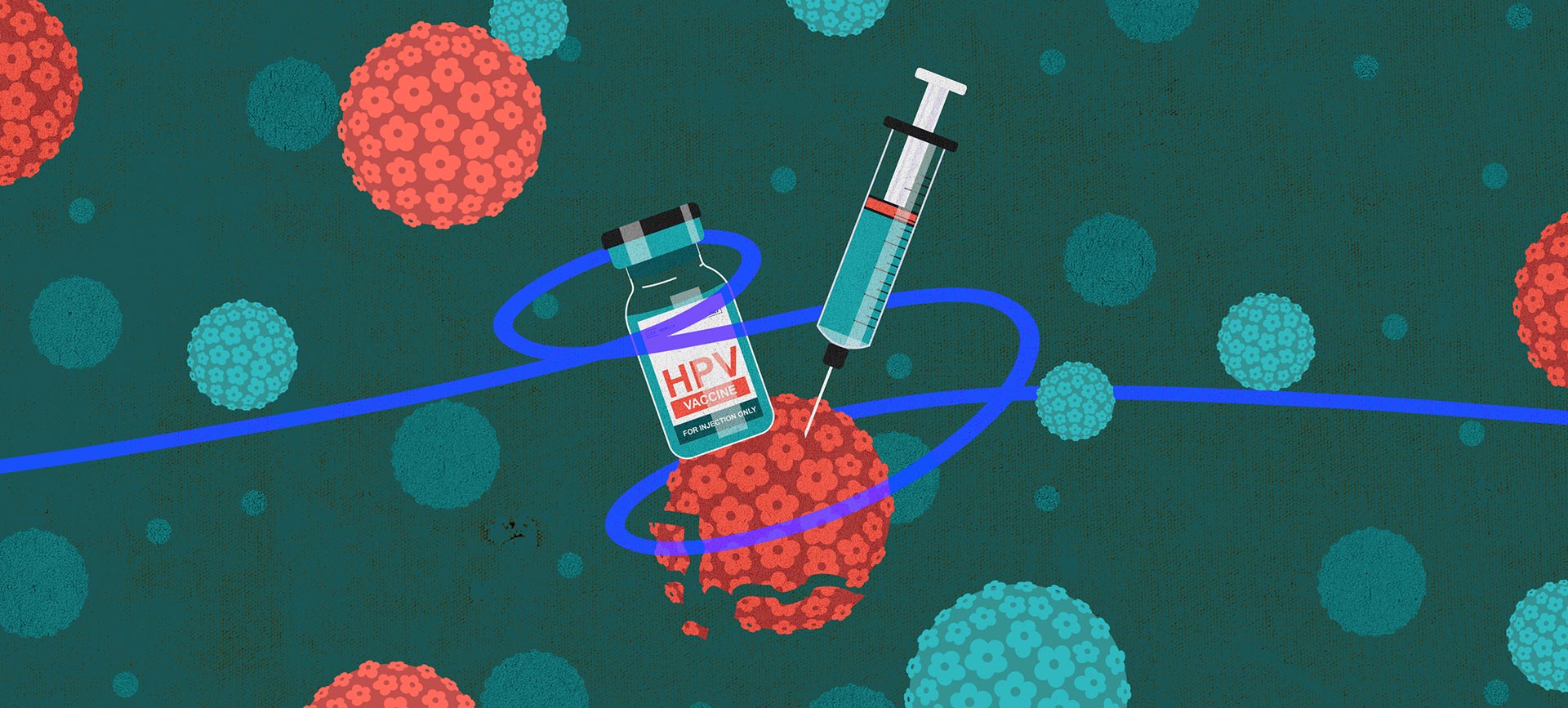According to this study, women with high-grade cervical intraepithelial neoplasia (CIN) are particularly sensitive to HPV infection and can reacquire an infection even after local surgical treatment. However, the HPV vaccine is more immunogenic than an HPV infection.
"The body's immune system responds more robustly to create immune protection from the vaccine than it does to the actual virus itself," explained Troy Gatcliffe, M.D., a gynecologic oncologist at Miami Cancer Institute.
Peter Sasieni, professor of cancer prevention at King's Clinical Trials Unit in London and an author of the study, explained that almost all cases of high-grade CIN are caused by HPV. The HPV vaccine protects against the most common types of HPV.
"If a woman is vaccinated before being infected with HPV, she will be protected against infection. Without infection, she will not develop high-grade CIN," Sasieni said.
However, the research is still unclear about whether vaccination against HPV reduces recurrence of CIN caused by the same type of HPV. Some observational studies have found a reduction in the recurrence of high-grade CIN in up to 80 percent of women who were vaccinated at the time of treatment. Other studies suggest no benefit.










